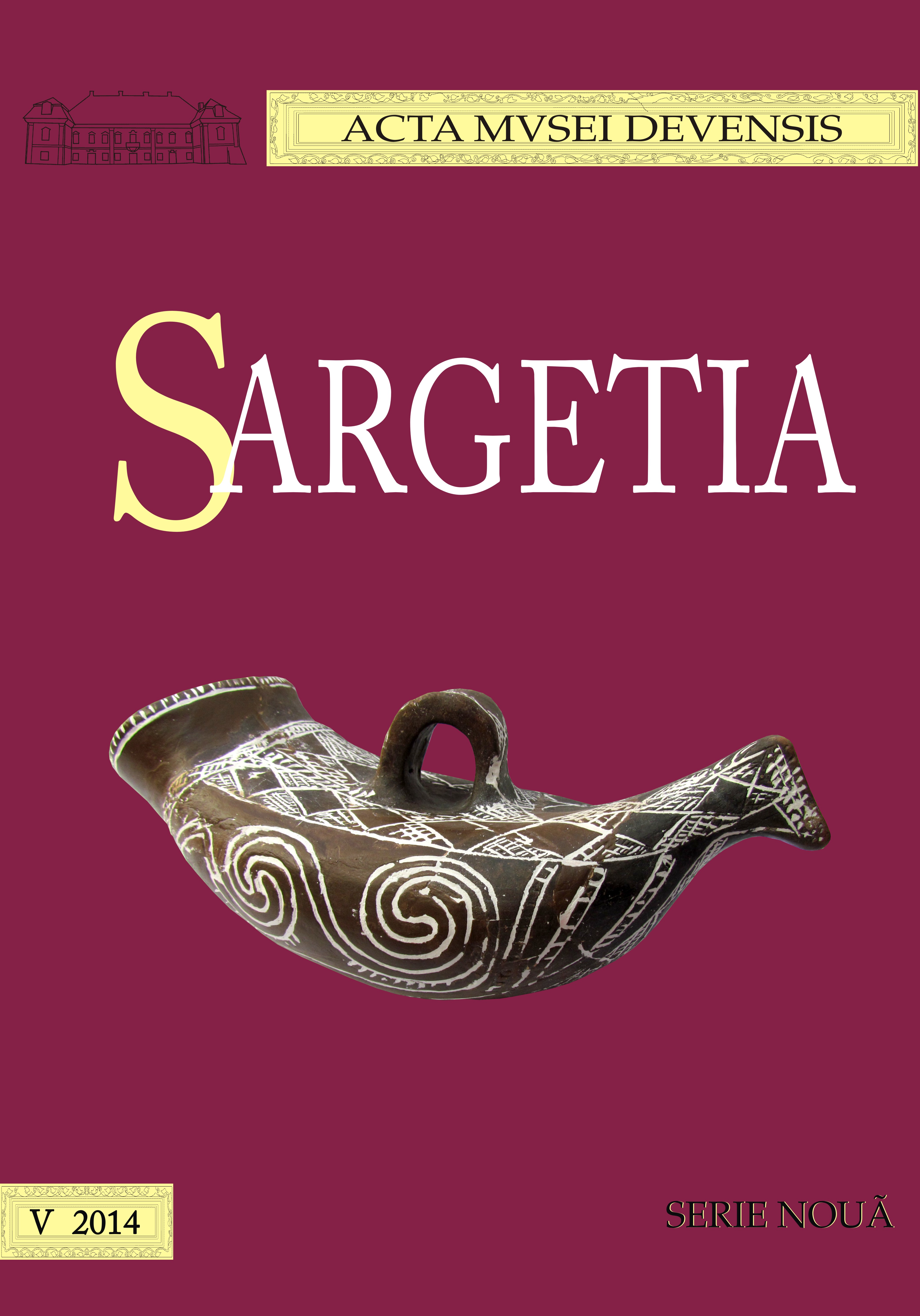Legislaţie şcolară în perioada dualismului austro-ungar (1867-1918)
School Legislation in the Austro-Hungarian Dualism Period (1867-1918)
Author(s): Constantin BăjenaruSubject(s): History
Published by: Editura Altip
Keywords: legislation; school; dualism; magyarization; reorganization
Summary/Abstract: The complex edifice of Romanian national culture from Transylvania maintained, in the second half of the 19th century and in the first two decades of the 20th century, by two important institutions – Church and School. Even if the Church played an important role in the history and the life of Transylvanian Romanians, by all aspects, the school constituted the main part of cultural life, having the essential meaning of teaching people for their hard and long fight for liberty and national affirmation. The ending of the dualist Austro-Hungarian compromise had inaugurated a tough period for Romanian schools in Transylvania; the Hungarian Governs had tried successively, the spiritual uprooting of Romanians. The Dualism brought with itself the close reorganization, structured on new bases, of primary education according to the interests of dualist state. A great attention was given to the educational process, because it was considered to be the best way of Magyarization, this plan being applied especially since 1879. The School had become the favorite goal for Hungarian Governs, not only having the role of developing loyal citizens, by the general European trend, but also the role of developing clever Hungarians.
Journal: Sargetia. Acta Musei Devensis
- Issue Year: 2014
- Issue No: 5
- Page Range: 239-245
- Page Count: 7
- Language: English, Romanian

